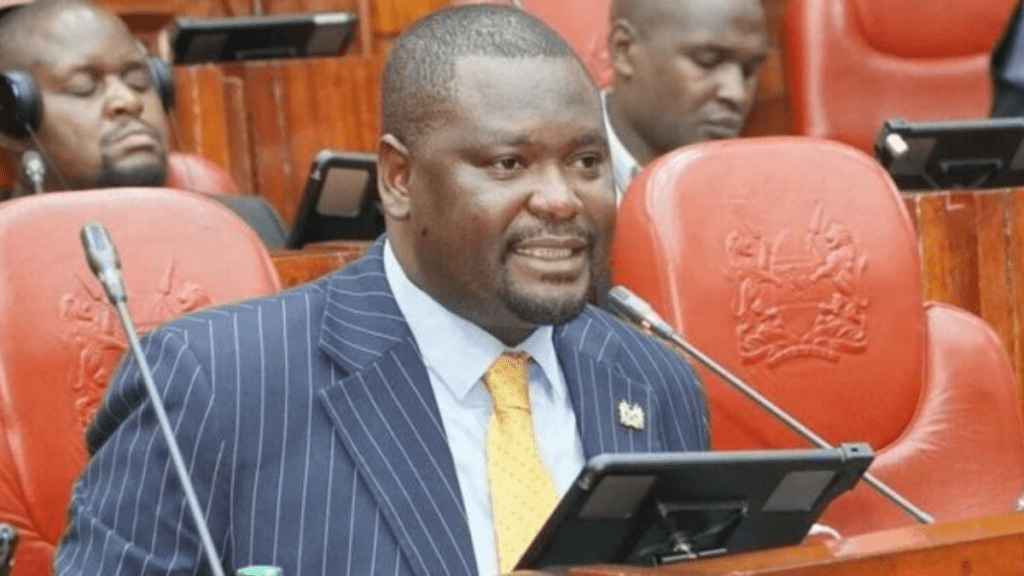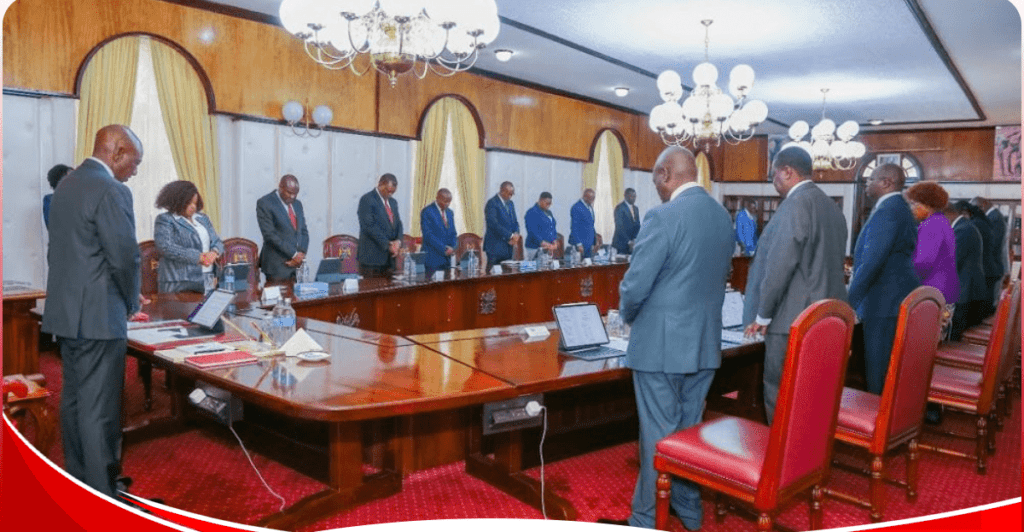A bill sponsored by Mbeere North MP Geoffrey Ruku that seeks to scrap out laws in the Anti-Corruption and Economic Crimes Act is continuing to face opposition from different stakeholders.
On Thursday, March 7 the Ethics and Anti-Corruption Commission (EACC) together with other anti-corruption stakeholders — including the Office of the Attorney General (AG), Office of the Director of Public Prosecutions (ODPP) and Transparency International Kenya (TI-Kenya) — made submissions before the National Assembly’s Justice and Legal Affairs Committee (JLAC), opposing what they termed as a “retrogressive” bill.
The agencies were categorical in painting The Anti-Corruption and Economic Crimes (Amendment) Bill, 2023 as dangerous and a backward step in the fight against corruption.
The Bill seeks to delete from the law two key corruption offences that exist to protect public funds from embezzlement and to enforce accountability among the public officials involved in the administration of public resources.
The targetted provisions are under section 45(2)(b)&(c) of the Anti-Corruption and Economic Crimes Act, 2003. MP Ruku argues that the objective is to “strengthen” the fight against corruption by “removing undue criminalization of procurement flaws” which in his view could be adequately dealt with through administrative action.


The Ruku Bill also seeks to delete from the law an offence arising from the initiation of unplanned projects (with no budget) in the national and county governments.
The EACC team, led by Director of Legal Services & Asset Recovery David Too, told the Parliamentary Committee that the Ruku Bill potentially mutilates the legal framework for the fight against corruption.
That if enacted as proposed, EACC says the amendments will remove essential mechanisms for enforcing accountability for public resources and create legal escape routes for perpetrators of corruption, thus opening a floodgate of corruption scandals in the country.
EACC argues that following procurement procedures ensures fairness, equity, transparency and cost effectiveness in procurement of public goods and services.
According to EACC, administrative action — as proposed by MP Ruku — does not provide a commensurate deterrent effect to the negative impact of corruption involving procurement.
“Electing administrative action over prosecution will encourage participants in the procurement processes to engage in corrupt conduct without a deterrent consequence,” EACC CEO Twalib Mbarak told the committee.















